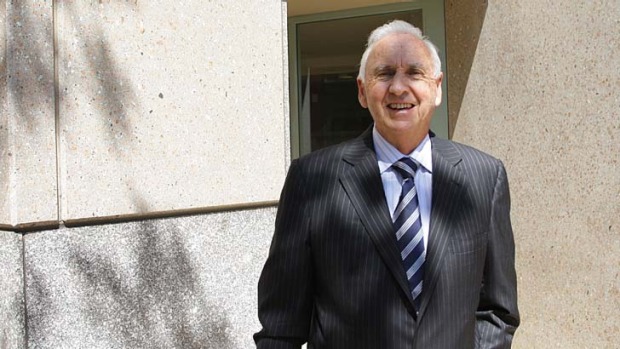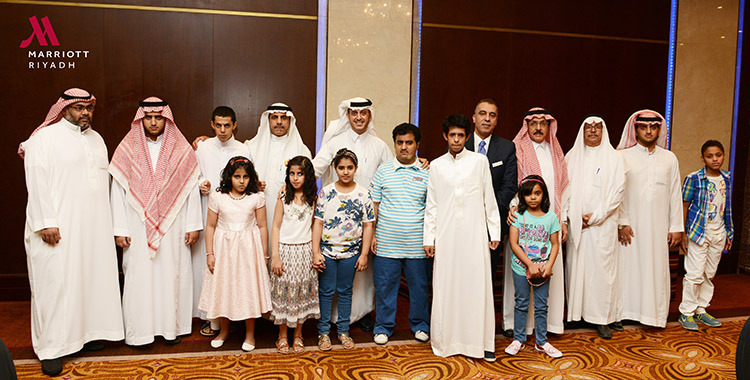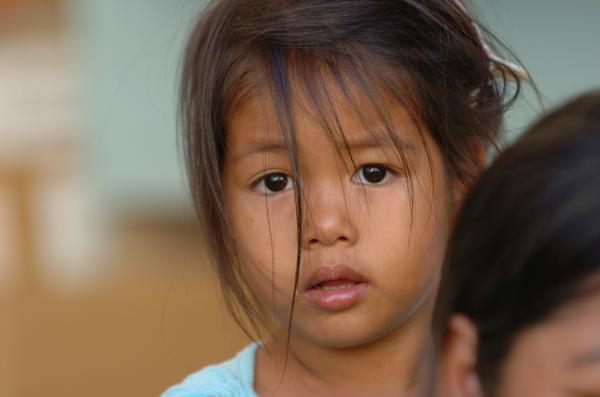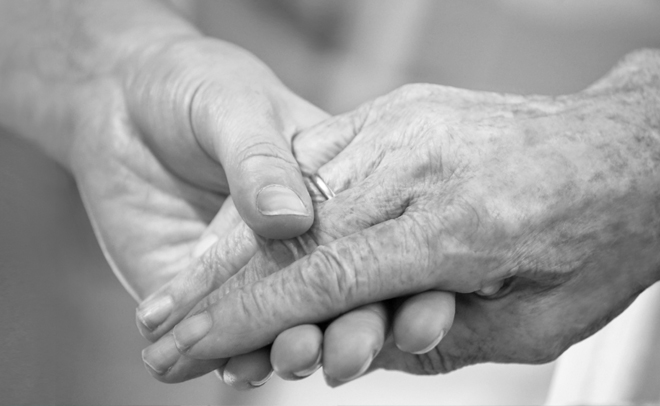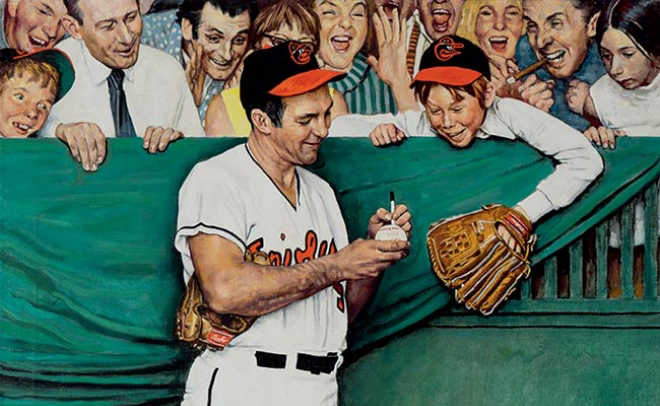Healthcare and media entrepreneur Paul Ramsay died on Thursday night after a short illness, leaving a philanthropic bequest of more than $3 billion – one of the largest in Australian history – to his personal foundation that could distribute as much as $50 million a year.
The late chairman and founder of private hospital operator Ramsay Health Care is believed to have suffered a heart attack just over a week ago while on his private yacht Oscar 11. He was travelling in Europe with a close circle of friends including deputy chairman Michael Siddle. After being admitted to a hospital on the Spanish island of Ibiza, Mr Ramsay was flown to his home in Bowral in the NSW Southern Highlands, where he died.
There had been speculation about the future of his $3.3 billion stake in Ramsay, with some confidantes suggesting funds could have gone to the Catholic Church or his alma mater, Saint Ignatius’ College, Riverview, the North Shore Jesuit school attended by Prime Minister Tony Abbott.
However, the details of the 78-year-old’s wishes, which related to his 36.2 per cent stake in Ramsay, were announced by the company on Friday.
Advertisement
The Paul Ramsay Foundation “will receive the benefit of the vast majority of his controlling shareholding in Ramsay Health Care Limited, which will largely be retained on trust for the Foundation,” the company said.
The “bulk” of Mr Ramsay’s wider estate, most recently estimated by Forbes to be worth $3.4 billion, will be transferred to the foundation also.
Mr Ramsay, who was the 11th-richest Australian, never married and had no children. He is survived by two siblings, Peter and twin sister Ann.
Philanthropy Australia chief executive Louise Walsh described the bequest as the biggest single charitable donation in Australian history. “Paul Ramsay’s decision is an incredible act of generosity,” she said.
Ms Walsh said she hoped it would “inspire other local entrepreneurs to follow his example”.
The bequest will certainly make the foundation one of the most wealthy and sustainable philanthropic bodies in the country. If the complete Ramsay shareholding is maintained by the foundation it would provide a lucrative income stream worth tens of millions annually. Mr Ramsay held about 73 million shares in the company. In 2012-13 his dividend payment, on a distribution of 70.5¢ per share, would have been $51.2 million.
However a spokeswoman for the company declined to provide further details on what causes it would support. Mr Ramsay lived a very private life and the previous activities of his charitable foundation were not widely publicised.
In December 2011, Mr Ramsay donated $300,000 to the actor Kevin Spacey to support his foundation’s work in supporting arts education.
Mr Ramsay’s foundation is listed as a ”major donor” in the 2008 annual report of Parent Infant Family Australia, which supports vulnerable families and is run by the official welfare agency of the Catholic Church, CatholicCare. The foundation has donated to the Prostate Cancer Foundation of Australia. Mr Ramsay was also a prominent donor to the Liberal Party.
Mr Ramsay’s former school, St Ignatius’ College, Riverview, said on Friday in a statement that he had been a generous benefactor and had previously arranged for him to come and address the school at an assembly later in 2014 this year but ‘’sadly, this is not to be’’.
Earlier this year, Mr Ramsay celebrated the 50-year anniversary of the $9 billion hospital operator that he built from a 16-bed psychiatric facility on Sydney’s North Shore. He entered the media sector in 1983, buying a stake in Prime Media and leading its expansion into regional areas like Tamworth and Orange. Mr Ramsay sold his $96 million, 30 per cent stake in Prime Media in February.
Seven executive chairman Kerry Stokes said Mr Ramsay had guided the development of Prime as a partner with the metro broadcaster for nearly 30 years. “During that period, he conducted his business with us as he lived his life. There was never a cross word or a raised voice. That’s a miracle in our business,” Mr Stokes said.
The Ramsay foundation is controlled by Mr Siddle, as well as Peter Evans and Tony Clark. The trio have had a long-term association with Mr Ramsay and are also directors of the company.
Although the announcement leaves room for some shares to be sold, the implications of this are not expected to be very significant. The company’s share price has gained about 39 per cent in the past year, making it the second best performer among healthcare stocks in the S&P/ASX200 index.

